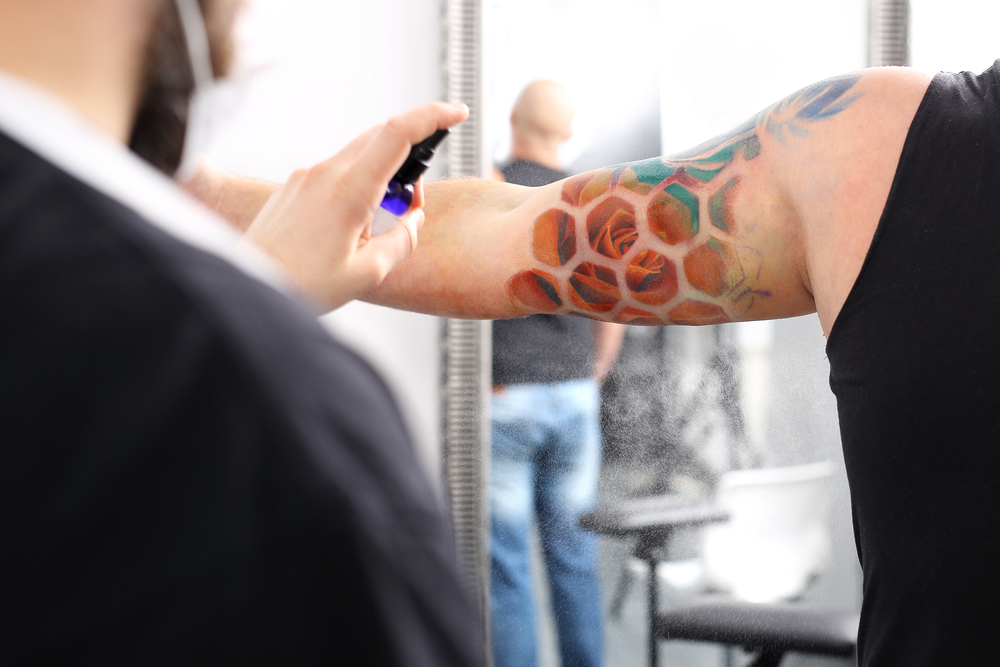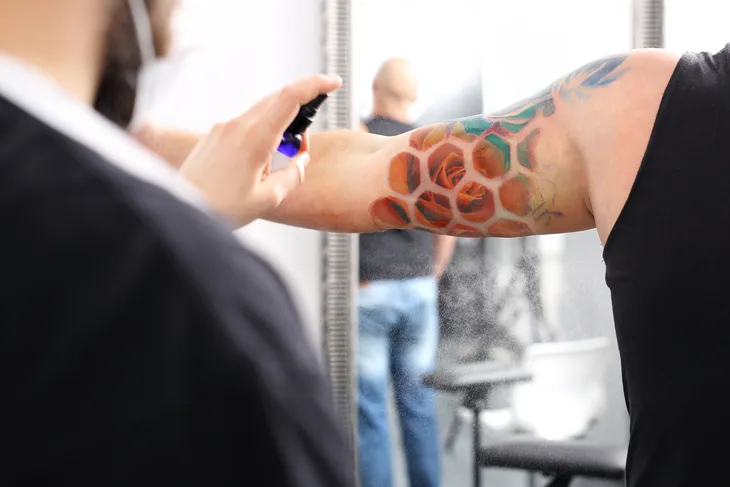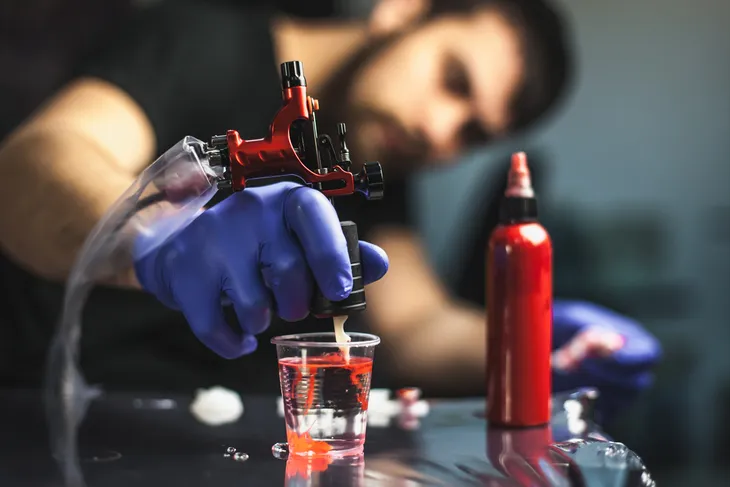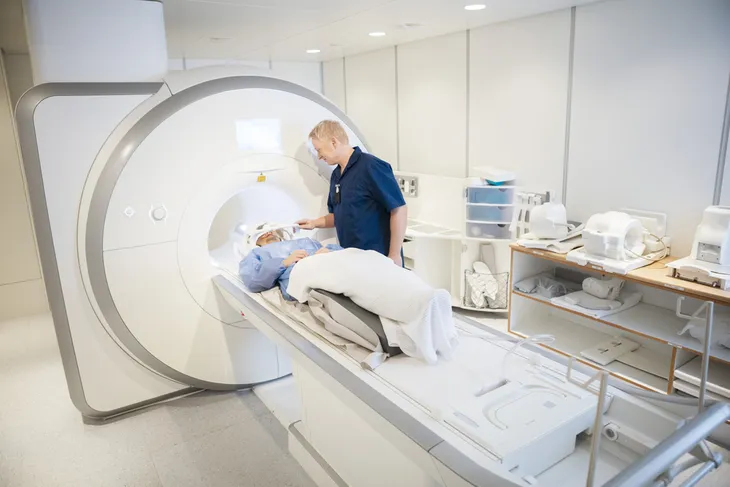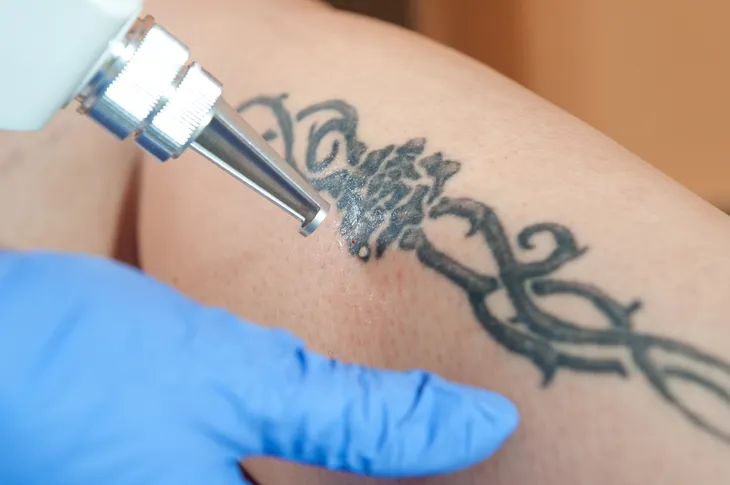A well-drawn and tasteful tattoo can be a thing of beauty, and can hold special meaning for people. Tattoos are definitely not a modern trend; mankind has been imprinting on their skin for centuries using various methods.
However, while body art is a popular way for self-expression, there are certain health risks depending on the practices of the tattoo artist – and there may be some other risks even if you go to the most reputable tattoo parlors. Here are six facts to know before getting ink…
Ink May Travel to Lymph Nodes
Perhaps the most recent revelation about skin art was detailed in several media reports, including an article in Global News in Canada. The source explains scientists in Germany and France analyzed the bodies of 4-donors and compared to them with the bodies of 2-donors without tattoos.
The findings were that “tissue samples from two of the inked donors had stained lymph nodes matching the elements on the pigments on their skin,” notes the article. These nanoparticles contained 5-elements that are considered toxic – namely aluminum, chromium, iron, nickel and copper, it adds. However, the research stops short of saying this causes any adverse health effects.
Possible Allergic Reactions
The Mayo Clinic explains that some tattoo dyes have the potential to cause allergic reactions such as an itchy rash in individuals – especially from the red, yellow, green and blue dyes.
You may not experience the allergic reaction right away, adds the clinic. Apparently this reaction can occur years after getting ink. Other skin problems associated with tattoos include skin infections and “granulomas,” which are bumps around the tattoo, as well as “keloids” that are raised areas of scar tissue.
Infections Can Be Serious
The U.S. Food and Drug Administration (FDA) notes that the reactions can be mild (in the case of rashes) or you could develop a fever – and the rash could persist because the ink is permanent. However, it warns that “more aggressive infections” can lead to high fevers, shaking, chills and sweating. Furthermore, atypical mycobacterium infections have been reported from contaminated instructions and this can present in atypical ways, even simply enlarged lymph nodes.
Treating these serious infections could involve antibiotics and hospitalization (as well as surgery) could be required, it adds. If you get sick after getting a tattoo, you should call your healthcare provider and also notify the tattoo artist “so he or she can identify the ink and avoid using it again,” adds the FDA.
Risk of Blood-Borne Disease
One of the first things you should do is make sure your tattoo parlor uses sterile needles and has generally good health practices. Many cases of infectious diseases have been reported by individuals due to tattoo shops that don’t follow proper guidelines.
Healthline.com explains that using contaminated needles to imprint tattoos can lead to a number of diseases such as Hepatitis B and C, as well as tetanus (it’s recommended you don’t get a tattoo if you’re pregnant). In even worst scenarios, an individual could end up with HIV that attacks the immune system and can develop into life-threatening AIDS if left untreated.
Interference with Medical Imaging
Apparently in some rare cases, patients with tattoos may experience temporary swelling and burning in the inked area when they undergo magnetic resonance imaging (MRI) for medical purposes, according to the U.S. Food and Drug Administration.
The FDA says it’s a good idea to let your medical professional know before an MRI is ordered. If you have any kind of metal body piercing, then you should definitely also bring this up with your medical team.
Removal Can Cause Scarring
If you’re thinking of getting rid of the name of your ex-partner from your upper back, then you may be in for a rougher ride than you might expect. Many people get tattoos that have temporary meaning, or they simply decide they don’t like the look of it anymore.
WebMD notes that while about 30-percent of Americans have at least 1-tattoo (that includes almost 50-percent of millennials), up 25-percent of those with a tattoo have said they regret it. There are laser removal techniques that can take many treatments to be successful, and there could be some discomfort, adds the source. The tattoo removal site will be at risk for infection and “there is a slight chance that you will have a permanent scar,” warns WebMD.
